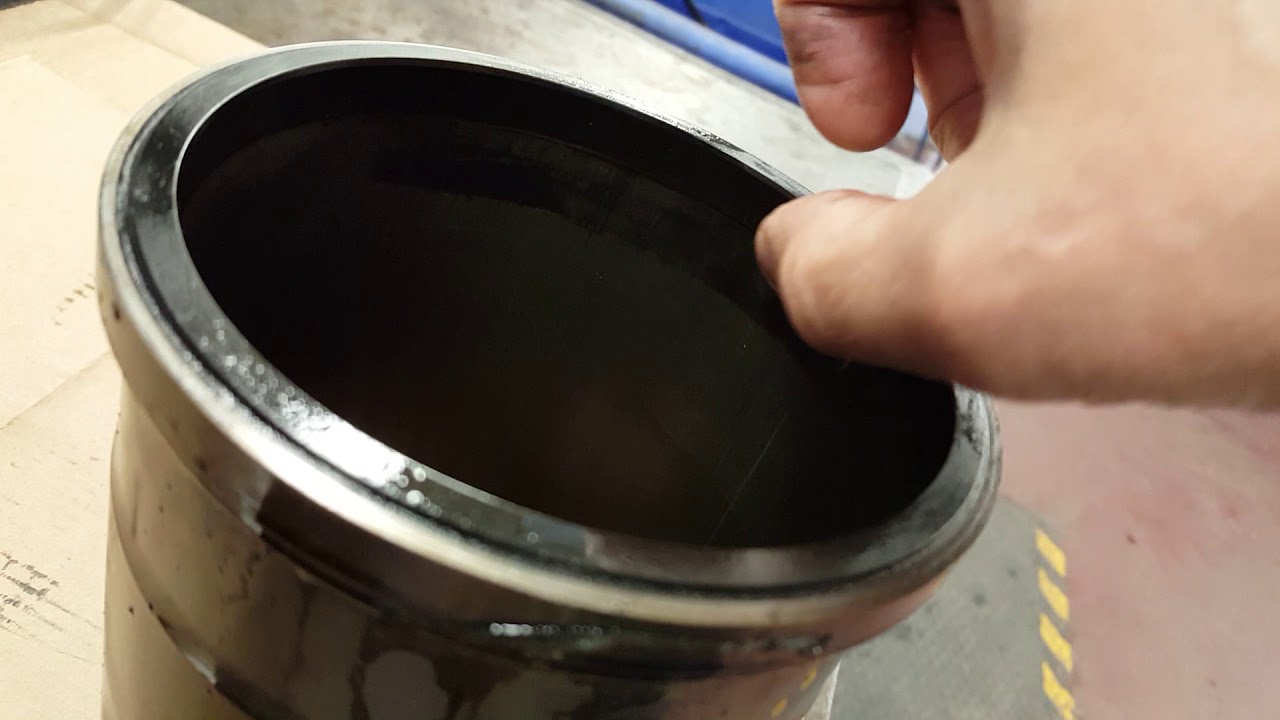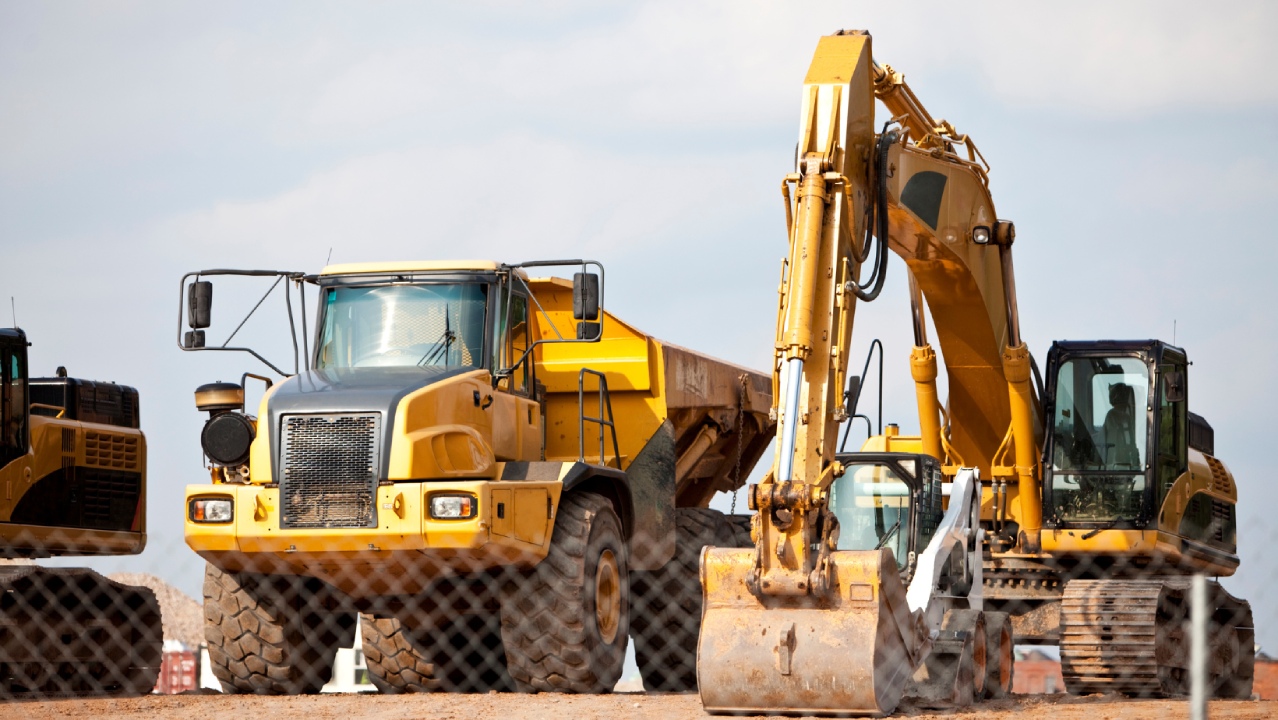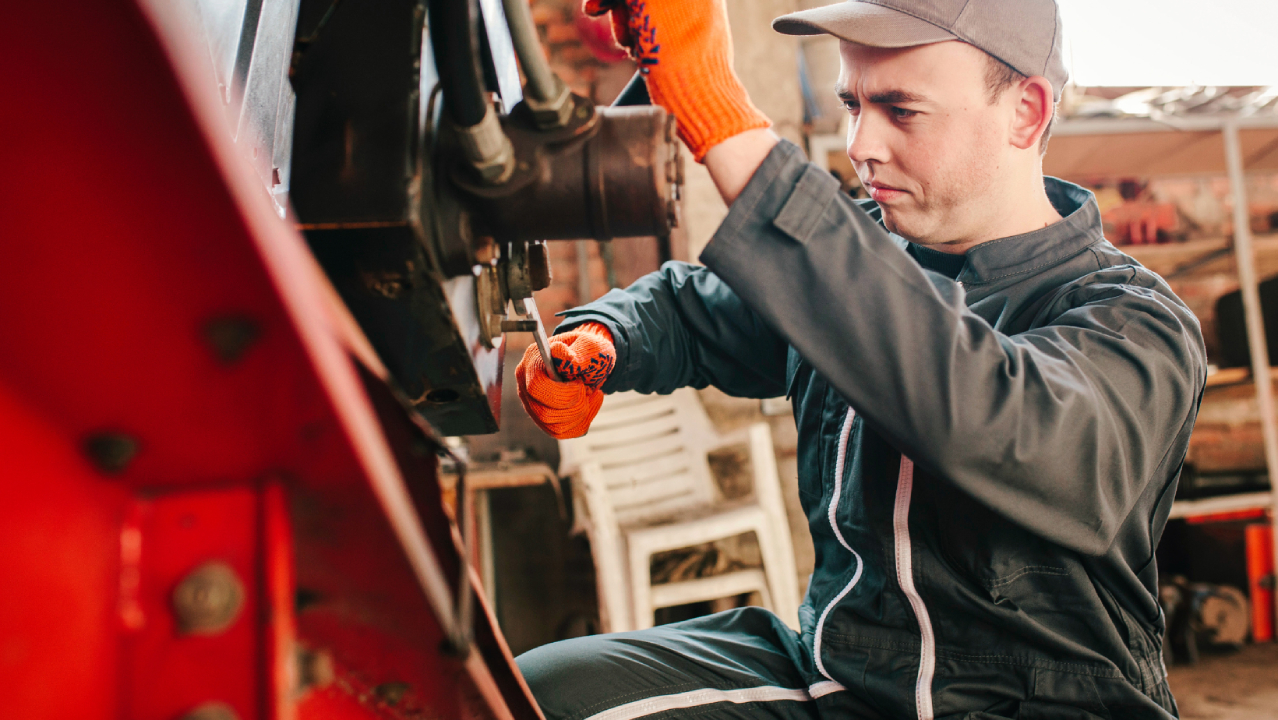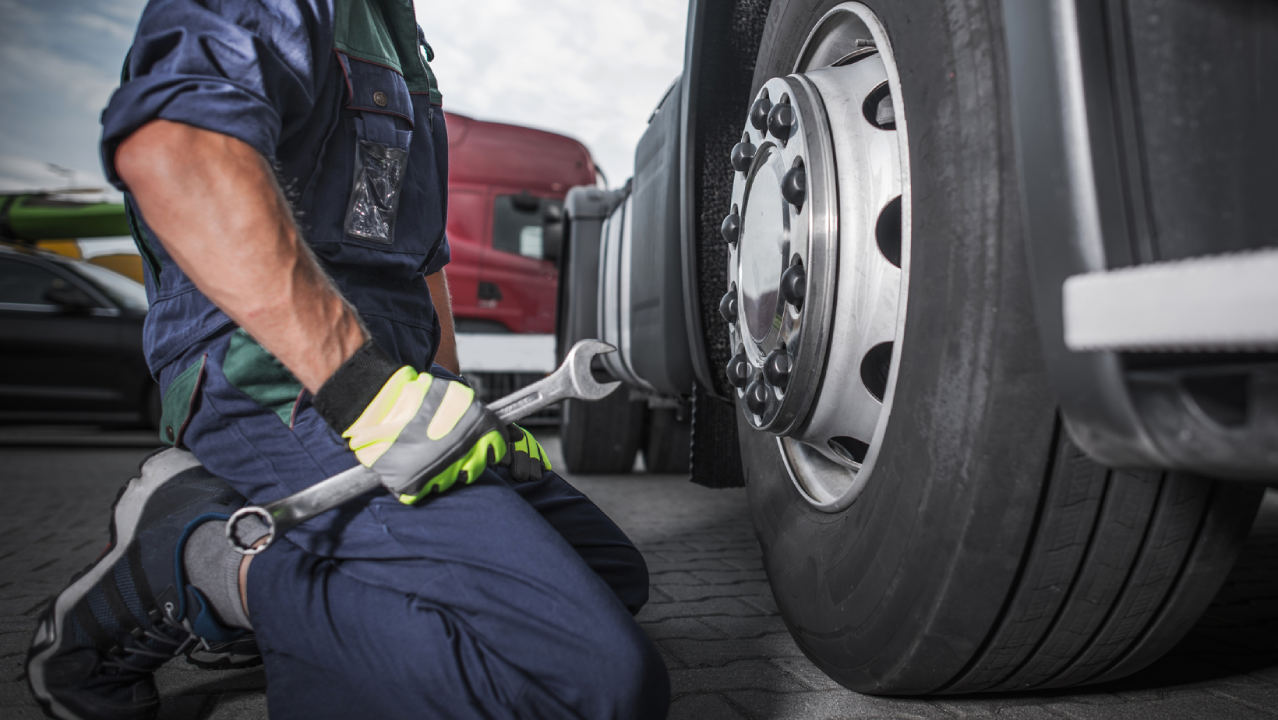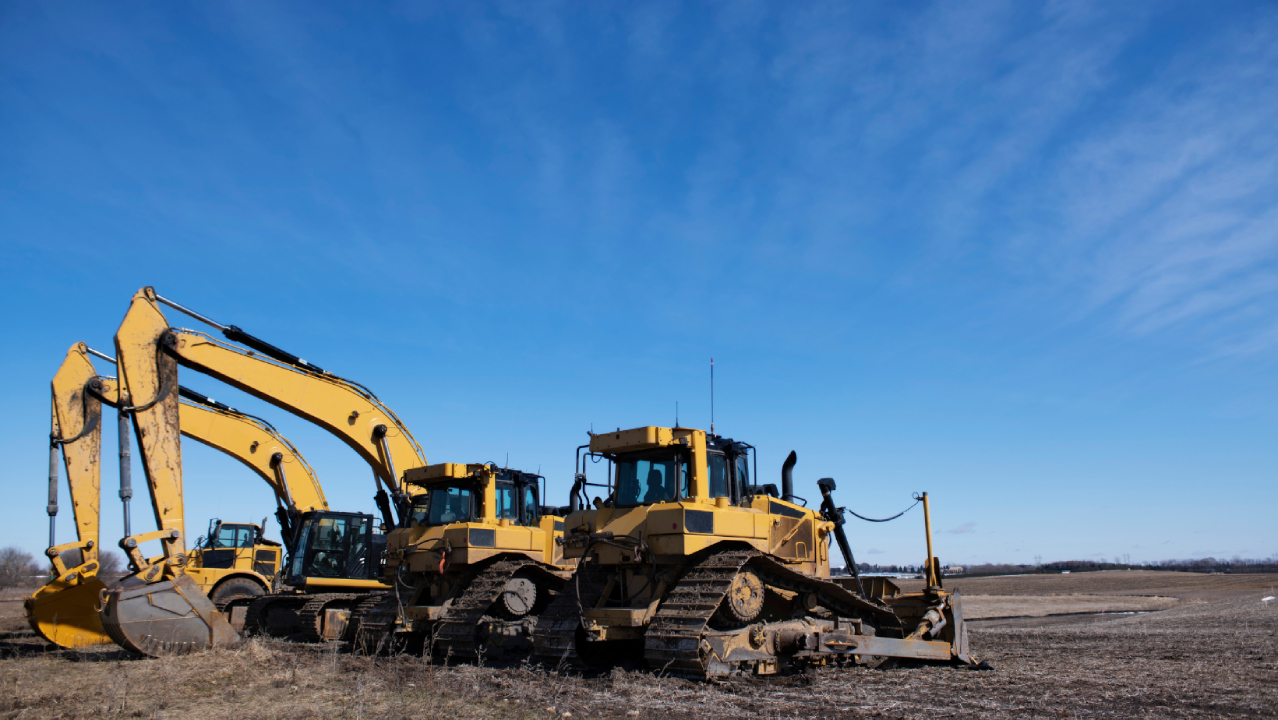Our In Frame has begun and #6 piston and liner has shown the damage caused by coolant contamination in the oil. If left too long the coolant will wash away the oil lubrication between the piston and piston liner. The terms for the piston cylinder for diesel engines that are able to be rebuilt in frame are liner or sleeve. Wet liner means they can be replaced and there’s coolant sealed between the liner and the block.
There are obvious advantages to this design. The engine does not have to be removed and machined which would include boring the cylinders integral to the block casting. The pistons and liners are replaced and the compression is back to factory specs. The disadvantage to this design is the heavy compression and thrust on the liner might eventually cause wear on the shoulder of the block where the top end of the liner sits.
There’s a counterbore machined in to the top of the block that the liner seats into. Before installing the cylinder head the protrusion of the liner has to be checked. In other words how much does the liner stick up above the block surface? The protrusion of the liner acts as a seal on the head gasket and once the head is torqued down it will secure the liner into the block counterbore properly.
If this spec is not checked and the liner is too deep into the block the head gasket will leak and the liner will start to move back and forth due to the extremely high compression and the thrusting that’s going on from the piston moving from bottom dead center to top dead center. These stages of the engine rebuild have to be done with great care without mistakes to avoid doing it all over again.
Basic procedures like disassembling and cleaning up is the time to speed up to make up for the technical side of a rebuild where you want to focus and be very careful. One step missed could mean a lot more down time. Once the rebuild kit arrives we’re in business. Meanwhile the cylinder head will have to been cleaned and pressure checked. All related parts have to be cleaned up and checked out.
Diesel engines in general are built to take a lot of abuse from high pressures, heat and load. The demands put on diesels are extreme so any weak spots will definitely show up. The things that could go wrong are too numerous to mention. Keeping a close eye on your fleet is obviously very important and could save a lot of expense. That’s why preventive maintenance is the key to a smooth running operation. Don’t wait until something breaks.
